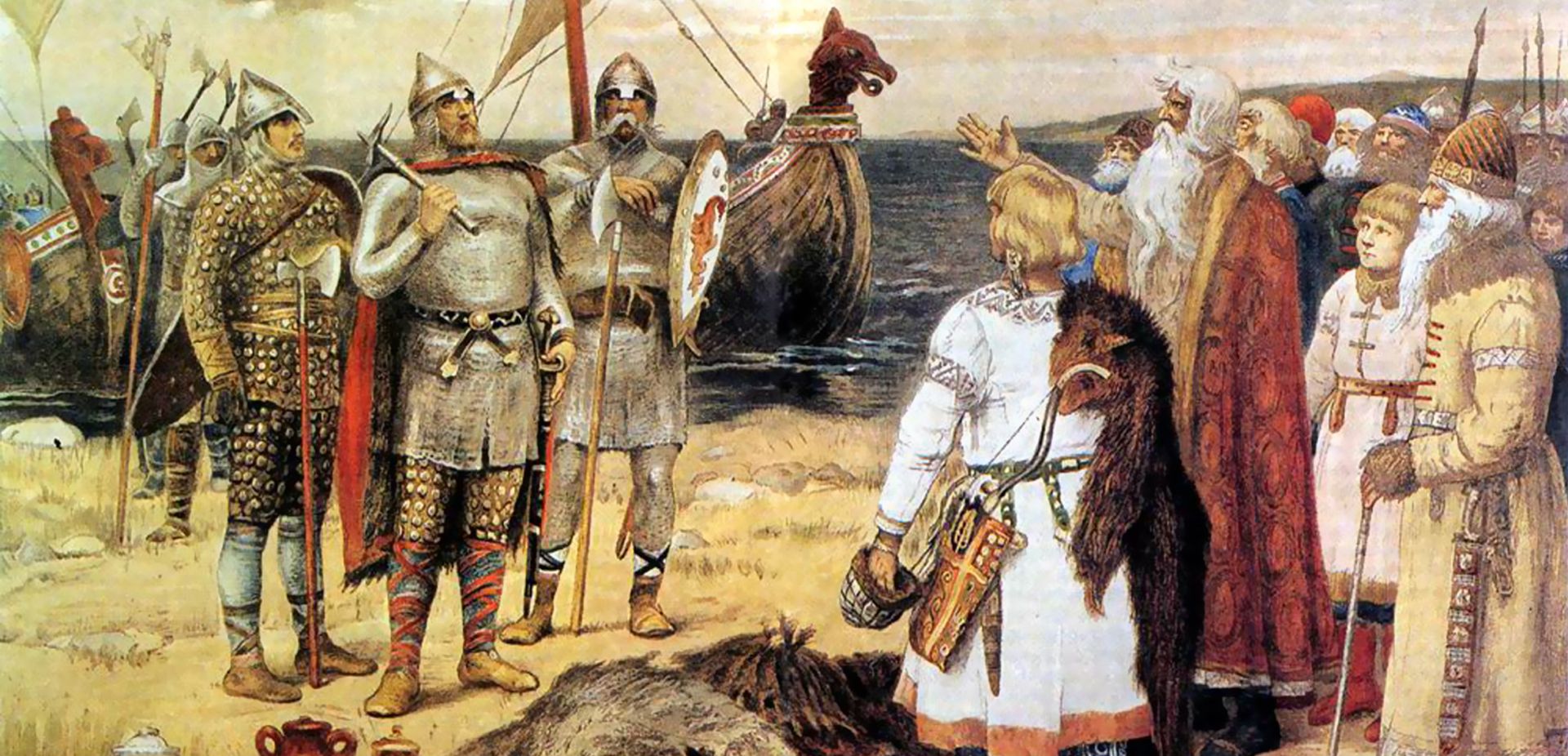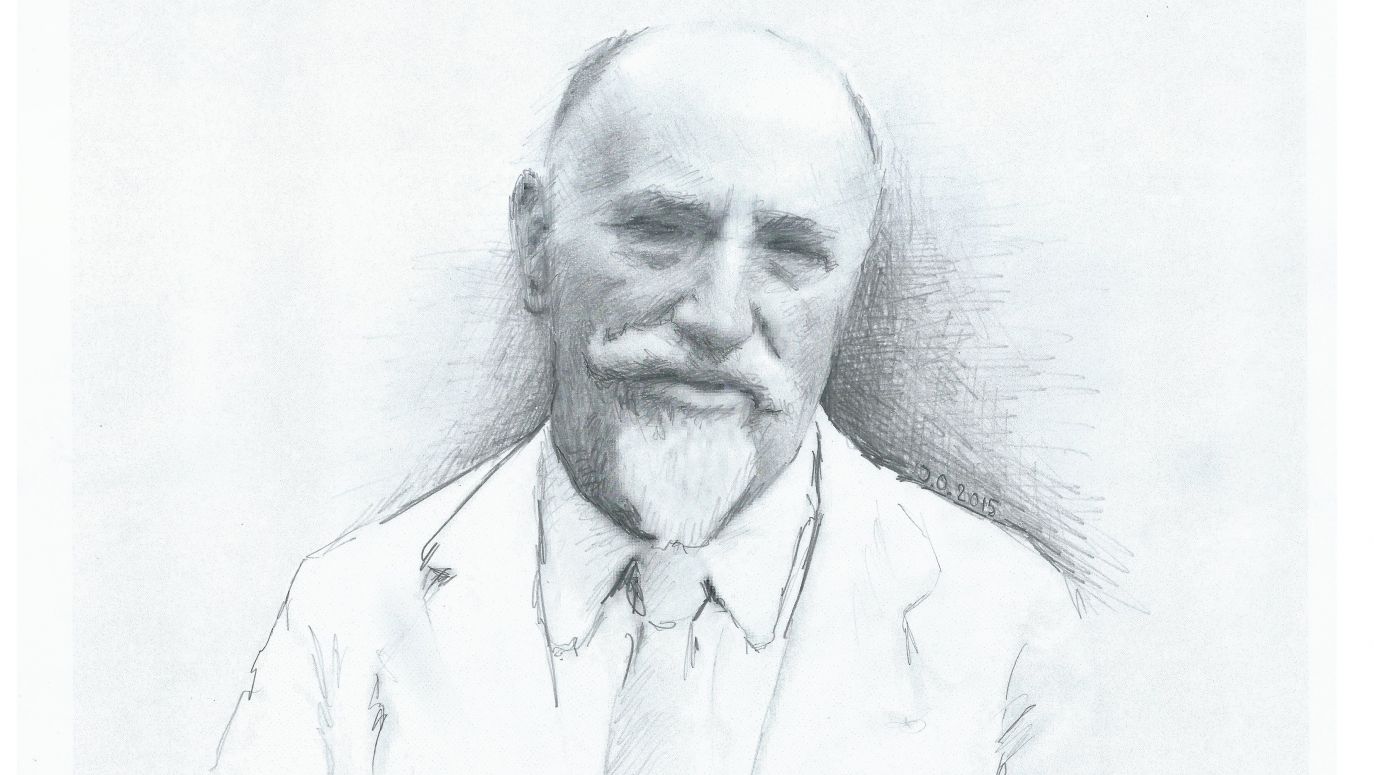In the view of the old left-wing political and social theories, the middle class in the nineteenth century lost its “progressive” character and became a “reactionary” social group, as instead of sensing which way the wind was blowing and joining the proletariat’s struggle for equality and justice, they rested on their laurels, reaping profits from capitalism. Today, however, after the bankruptcy of real socialism, such a position is an anachronism.
The contemporary left, which takes an active part in cultural disputes, addresses its message to the bourgeoisie. This class is perceived by them as a social group composed of independent individualists who reject all community-imposed limitations (defined as nationalism or traditionalism) and affirm openness and diversity (a nod to multiculturalism or LGBTism). This approach is also shared by contemporary liberals.
By the way, there is a widespread stereotype in Poland that a city man deserves more respect than a peasant. It is the city that is considered the center of civilization development, i.e., knowledge, innovation, and fashionable trends. The countryside, on the other hand, is treated with contempt - it is synonymous with ignorance, embarrassment, and backwardness.
In view of the above, it makes you think when you read the comments made by a historian, Feliks Koneczny, in his essay “O pierwotnej polskości Rusi Czerwonej” [On the original Polishness of Red Ruthenia] (the text first appeared in 1913 in the “Świat Słowiański” magazine, and in 2021 it was published as a booklet by the Publishing House Milis in Krakow, which also reissues other works of that author). Never mind the title itself. What is worth noting is the difference between two medieval political systems.
 SIGN UP TO OUR PAGE
SIGN UP TO OUR PAGE

According to Koneczny, in the Polish territories the power was in the hands of landowners, while in the Ruthenian territories – it was in the hands of the bourgeoisie. The political elite of Kievan Rus’ were Varangians. They came to Ruthenian territory in the 9th century from Scandinavia. As Koneczny writes, “A Varangian could become a merchant, but never a farmer”. This is what made him different from Polish warriors who after the war time returned to their estates.
In Koneczny's text, we read about the Varangians establishing new settlements in the eastern Slavic regions. They constituted “the most important layer of the population, producing nothing, while buying their livelihoods, and enjoying a boisterous and roudy life”.
This observation concerning the Ruthenian territories lead Koneczny to the following conclusion: “Due to those circumstances, settlements become mainly of an urban type; the bourgeois element appears early on the historical stage, and being close to the ruling class, it itself gains political importance. In stark contrast to Poland, the rural element does not mean anything in Russia, while the urban element progresses to the forefront of society, and soon after to the forefront of the state”.


 SIGN UP TO OUR PAGE
SIGN UP TO OUR PAGE
 According to Koneczny, in the Polish territories the power was in the hands of landowners, while in the Ruthenian territories – it was in the hands of the bourgeoisie. The political elite of Kievan Rus’ were Varangians. They came to Ruthenian territory in the 9th century from Scandinavia. As Koneczny writes, “A Varangian could become a merchant, but never a farmer”. This is what made him different from Polish warriors who after the war time returned to their estates.
According to Koneczny, in the Polish territories the power was in the hands of landowners, while in the Ruthenian territories – it was in the hands of the bourgeoisie. The political elite of Kievan Rus’ were Varangians. They came to Ruthenian territory in the 9th century from Scandinavia. As Koneczny writes, “A Varangian could become a merchant, but never a farmer”. This is what made him different from Polish warriors who after the war time returned to their estates. 




